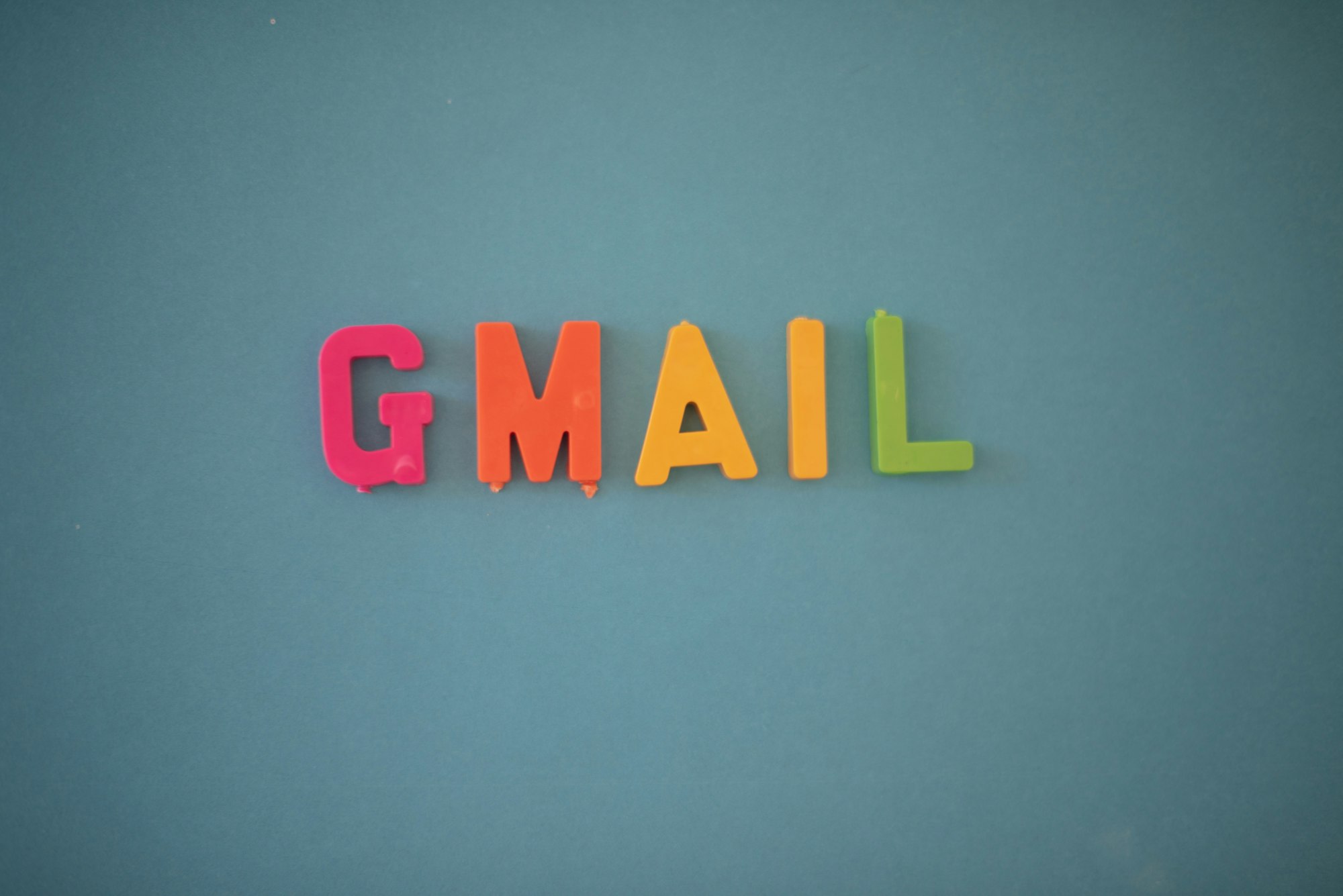So, What’s the Deal with This Hoax?
How It All Started
So, there was this wild rumor flying around on X (you know, the platform we used to call Twitter) saying Gmail was gonna shut down come August. This thing blew up big time, racking up over 7 million views! But Google stepped in to set the record straight, letting everyone know that Gmail isn’t going anywhere. It’s sticking around.

Why This Matters
This whole mix-up shines a bright light on how easy it is for false info to zip around on social media. Richard Bagnall, who’s pretty clued up on communication stuff, pointed out how this is a prime example of the kinda misinformation mess we’re dealing with online. Basically, if we’re not careful, anyone can say anything, and suddenly it’s believed by tons of people.
Google’s Two Cents and What’s Actually Going Down
Google Clears the Air
Google wasn’t about to let this rumor fly. They quickly jumped in to calm everyone down, reassuring us that Gmail is here to stay. It’s a good reminder that Google’s on top of communicating with us, making sure we’re not left in the dark with our worries.
Gmail’s Still King
Despite what the hoax claimed, Gmail is not only sticking around; it’s thriving. Since starting out, Gmail has only gotten better, moving from its old-school HTML look to becoming the go-to email service for over 1.5 billion people. Pretty impressive, right?
What’s Google Actually Changing?
The Real Updates
Sure, Google has said goodbye to a few things here and there, like Stadia, YouTube Stories, and letting go of Gmail accounts that no one uses anymore. And yeah, they shut down Google Podcasts, but that’s because they’re rolling those vibes into YouTube Music instead. It’s all about moving forward and keeping things fresh.
Zooming Out
The Fight Against Fake News
This whole Gmail shutdown scare is a big reminder of the fight against fake news. Social media’s full of it, and despite all the efforts to keep things legit, we’ve still got a long way to go. We need everyone, especially the big platforms, to step up and help keep the information real and reliable.
So, there you have it. The Gmail shutdown story was just a hoax, but it taught us a lot about misinformation and how quick it spreads. Google’s not ditching Gmail; in fact, it’s better than ever. Just goes to show, don’t believe everything you read online until you’ve checked the facts.

FAQ: Unpacking the Gmail Shutdown Hoax
1. Is Gmail really shutting down in August?
Nope, not at all. The rumor that Gmail was going to shut down in August is totally false. Google stepped in quickly to squash this rumor, confirming that Gmail isn’t going anywhere. It’s still the go-to email service for billions of users around the globe.
2. How did the Gmail shutdown rumor start?
This whole misunderstanding kicked off on X (the platform formerly known as Twitter), where a claim about Gmail shutting down went viral, getting over 7 million views. It’s a classic case of how easily misinformation can spread on social media.
3. What has Google said about the hoax?
Google was on it, reassuring everyone that Gmail is “here to stay.” They made it clear that they’re committed to keeping Gmail running smoothly for its massive user base, debunking the shutdown rumor entirely.
4. Has Gmail made any big changes recently?
While Gmail itself hasn’t been shut down or anything drastic like that, Google is always updating its services. Gmail has evolved a lot since it first started, with improvements to make it more user-friendly and efficient. But these changes are all about making Gmail better, not about shutting it down.
5. Why is it important to be cautious about information on social media?
The Gmail shutdown rumor is a perfect example of how misinformation can spread like wildfire on social media. It’s crucial to check the facts before believing or sharing any news. Misinformation can cause unnecessary panic and confusion, so it’s always best to look for information from reliable sources.
Remember, in the digital age, staying informed with accurate information is key. Don’t let rumors get the best of you – when in doubt, check it out.
Sources BBC


